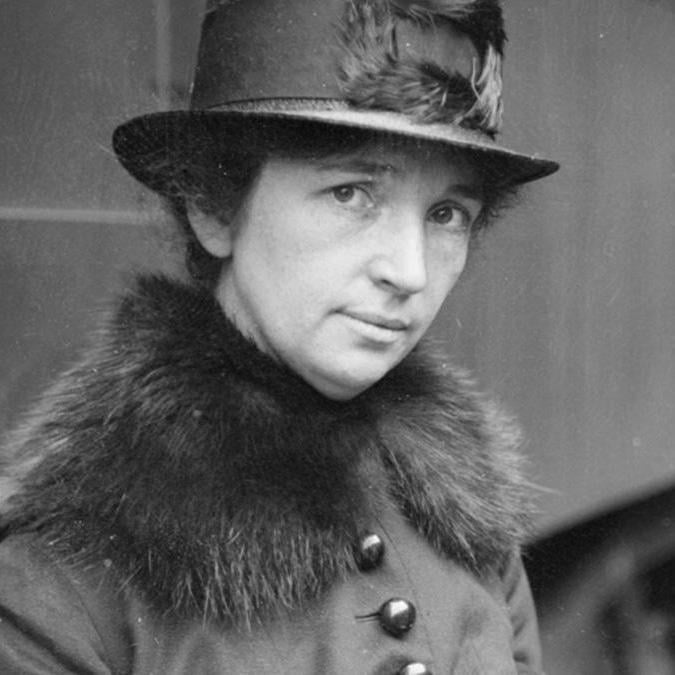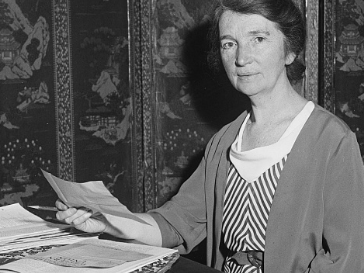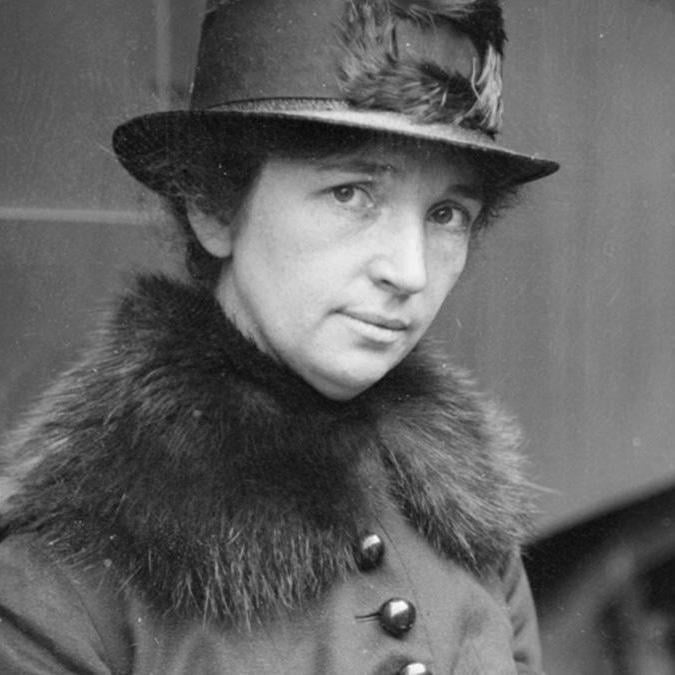
Margaret Sanger, the founder of Planned Parenthood, is a figure both celebrated and condemned, depending on one’s perspective. While she is often lauded for her pioneering efforts in birth control and women’s rights, her legacy is marred by associations with the eugenics movement, a controversial and now discredited belief system that sought to improve the human race by controlling reproduction.
This aspect of Sanger’s work has fueled ongoing debates about the racial motivations behind her advocacy, particularly regarding African Americans.
The Origins of Planned Parenthood
Planned Parenthood was established in 1916, born out of Sanger’s desire to provide women with access to contraceptives and education on family planning. At a time when discussing birth control was not only taboo but also illegal, Sanger’s work was revolutionary.
She opened the first birth control clinic in Brooklyn, New York, and founded the American Birth Control League, which later evolved into Planned Parenthood. Her advocacy was rooted in the belief that women should have control over their own bodies and reproductive choices.
Margaret Sanger and Eugenics
However, Sanger’s advocacy was not solely about empowering women. She was also a proponent of eugenics, a movement that gained popularity in the early 20th century and aimed to “improve” the human population by encouraging reproduction among the “fit” and discouraging it among the “unfit.”
Eugenics Was Scientific Racism
According to the National Human Genome Research Institute, “The genomics communities continue to work to scientifically debunk eugenic myths and combat modern-day manifestations of eugenics and scientific racism, particularly as they affect people of color, people with disabilities and LGBTQ+ individuals.”
Sanger’s involvement in this movement has been a significant source of controversy, particularly because eugenics was often racially charged, targeting minority groups, the poor, and the disabled.

Eugenics is a now-discredited practice that involves selectively breeding human populations to improve their genetic composition and reduce the impact of hereditary disease. This practice may involve sterilization or mating people with desirable traits
In her writings, Sanger often spoke about the need to limit the reproduction of those she deemed unfit. While some argue that she was primarily concerned with poverty and illness, others point out that her language and actions were frequently influenced by the eugenic ideas of racial purity. For example, in her book “The Pivot of Civilization,” Sanger criticized philanthropy that supported the poor without addressing what she saw as the root problem: the reproduction of those considered unfit to contribute to society.
The Negro Project and Its Implications
One of the most contentious aspects of Sanger’s legacy is the “Negro Project,” launched in the 1930s. This initiative aimed to bring birth control to African American communities in the South. Sanger claimed that the project was intended to provide Black women with the same reproductive choices as white women. However, her involvement in the project and the language she used have led to accusations that the program was rooted in a desire to reduce the Black population.
Sanger’s letters and communications regarding the Negro Project reveal a complex and, at times, troubling perspective. In correspondence with Dr. Clarence Gamble, a known eugenicist, she discussed the importance of not letting the word get out that they wanted to “exterminate the Negro population” but rather that it was about offering choices to the community. While some interpret this as a strategic move to avoid backlash, others see it as evidence of a more sinister motive.
Critics argue that Sanger’s focus on bringing birth control to African Americans was less about offering choices and more about controlling the population of a group that eugenicists, including some of Sanger’s allies, viewed as inferior. The use of Black ministers to promote the project was a calculated decision to gain trust within the community, but it also raises questions about manipulation and intent.
Planned Parenthood’s Complicated Legacy
The controversy surrounding Margaret Sanger’s views and actions has led to a complicated legacy for Planned Parenthood. The organization has made significant strides in providing reproductive healthcare to millions of women, including those in underserved communities.
However, the shadow of its founder’s association with eugenics and racial control continues to haunt its reputation, particularly among African Americans.
In recent years, Planned Parenthood has taken steps to distance itself from Sanger’s more problematic beliefs. In 2020, Planned Parenthood of Greater New York announced it would remove Sanger’s name from its Manhattan Health Center due to her “harmful connections to the eugenics movement.” This decision was part of a broader effort to address the racism embedded in the history of reproductive rights and acknowledge the pain that Sanger’s legacy has caused within minority communities.
The Ongoing Debate
Despite these efforts, the debate over Sanger’s intentions and the implications of her work continues. For some, her role as a champion of women’s rights and reproductive freedom outweighs the troubling aspects of her past. They argue that Sanger’s primary goal was to provide women with the tools to control their own destinies, and that any association with eugenics was secondary or a reflection of the prevailing attitudes of her time.
However, for others, particularly within the African American community, the connection between Sanger, eugenics, and the Negro Project is too significant to ignore. They point to the disproportionately high number of abortions within Black communities today as evidence that the legacy of controlling Black reproduction persists. This has fueled ongoing criticism of Planned Parenthood and skepticism about the organization’s true motives.
Conclusion
The story of Margaret Sanger and Planned Parenthood is not a simple one. It is a narrative filled with both pioneering advancements in women’s rights and deeply troubling connections to eugenics and racial control. As Planned Parenthood continues to play a vital role in providing reproductive healthcare, it also grapples with the complex legacy of its founder. Acknowledging this history is crucial for understanding the full scope of the organization’s impact and ensuring that its future aligns with the principles of equality and justice for all.
In a society still wrestling with issues of race, reproductive rights, and the ethics of healthcare, the story of Margaret Sanger serves as a reminder of the importance of examining our heroes critically, recognizing both their contributions and their flaws. Only by doing so can we fully understand the institutions they created and work towards a more just and equitable future.

